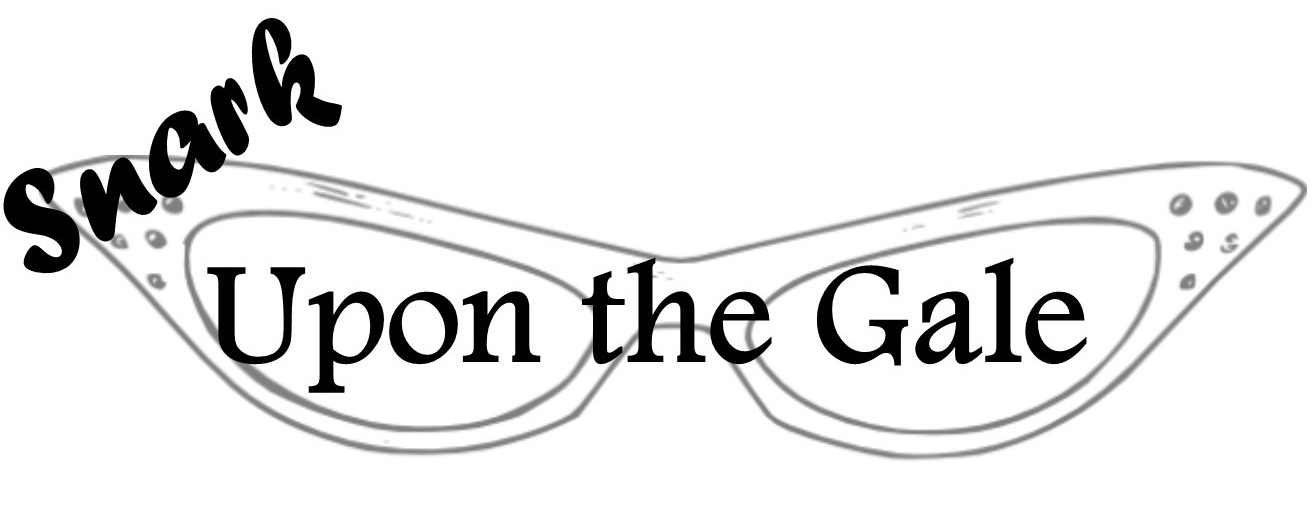In light of recent events in Baltimore, I decided to write a post about the exclusion of black women in discussions of racism and, specifically, police brutality. First, thank goodness that the officers involved in Freddie Gray’s death were indicted. Now we need an actual conviction. What few people know is that a black woman, Mya Hall, who was transgender, was also shot by police around the same time Freddie Gray was killed. How many people were marching and protesting for her? Is anyone concerned whether or not her killer will go on trial? There was certainly no mainstream news coverage. We tend to think black men are disproportionately affected by police brutality, but a large number of black women are victims as well.
I don’t intend to detract from the issue of police violence against black men, but it’s so important to include the safety of black cis, trans, and disabled women in our fight for justice and equality. (Cis refers to those who identify as the gender they were assigned at birth.) So many black women put their safety and survival on the line protesting when black men are killed, but we don’t receive the same courtesy. To my knowledge, there have been no large rallies or protests in the name of the countless black women who have been killed by police. Black women often bear the responsibility of remembering and creating awareness of the deaths of our sisters. Derrick West, a black man, tweeted on April 30, “Black women don’t wanna admit they have it way easier than black men but it’s okay. My chances of getting gunned down is higher than yours,” and went on to say that’s why black women aren’t included in this movement. Sadly, many black men share this ridiculous sentiment.
The aforementioned tweet and other acts of erasure of black women’s experiences are misogynoir, which was coined by queer feminist scholar Moya Bailey. It refers to anti-black misogyny, where race and gender are both factors in the hatred of black women. I have seen it most often used in the context of oppression at the hands of black men, but misogynoir can also be perpetuated by white women and men. In my experience, misogynior from black men and white women can be similar in terms of erasure and oppression dynamics. For example, black men are down for the cause, so to speak, when the conversation centers on freedom for all black people. But when black women want spaces to discuss issues specific to us, or we bring up how black men have male privilege and their advantages, we are all of a sudden being divisive and spoiling the movement. The same follows for white women in conversations about feminism. It’s certainly possible for white women to be oppressive because of white privilege, yet when black women want to discuss our own issues, we’re again accused of being divisive. Hence erasure.
Here’s the truth: black women are frequently victims of police brutality, and we face a myriad of other issues. In addition to physical violence, black women are much more vulnerable to sexual violence at the hands of law enforcement. We are also disproportionately affected by domestic violence — according to the University of Minnesota, African American women experience intimate partner violence at rates 35 percent higher than their white counterparts and 2.5 times the rate of men and other races. Trans women of color are being murdered at an alarming rate. Six women were killed in the first seven weeks of this year alone. But we aren’t talking about it. We need to talk about it.
It’s possible and absolutely necessary to examine black women’s unique issues alongside those of black men. Historically, black bodies have been (and still are) commodified in public and private. This manifests itself in similar and different ways for men and women. Black people are assumed to be inherently violent, but black women’s bodies have been hypersexualized and controlled dating back to the days of chattel slavery. Including our issues in the movement does not undermine anyone else’s struggle.
There are many black women doing amazing things to promote justice and equity; for further reading, I recommend Gradient Lair, Feminista Jones’ #YouOkSis hashtag on Twitter and Mikki Kendall’s website, hoodfeminism.com.
This post is dedicated to all the unarmed black women who have died from police brutality-Mya Hall, Rekia Boyd, Aiyana Jones, Tarika Wilson, Miriam Carey, Shereese Francis, Shantel Davis and so many more.


See, http://www.nospank.net.
Bri, you’re mind is a special place. Thank you for this